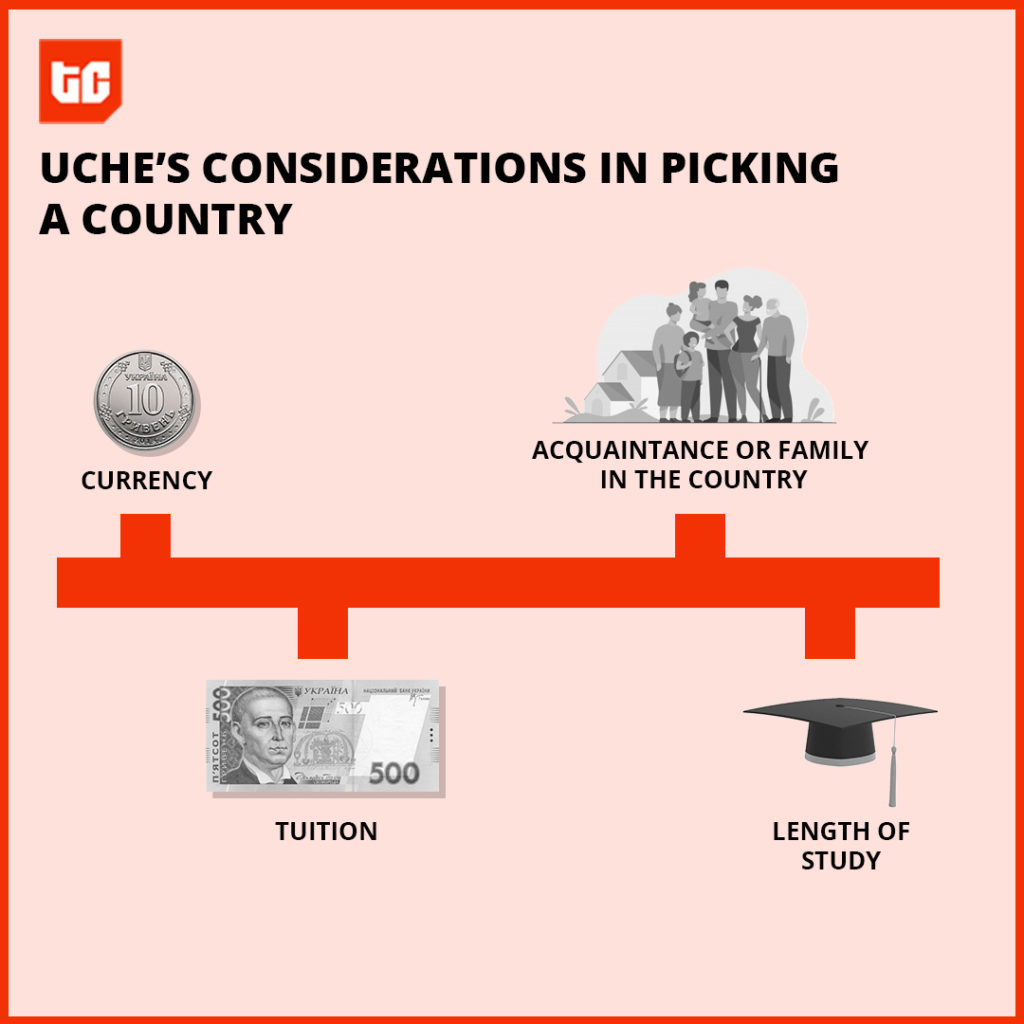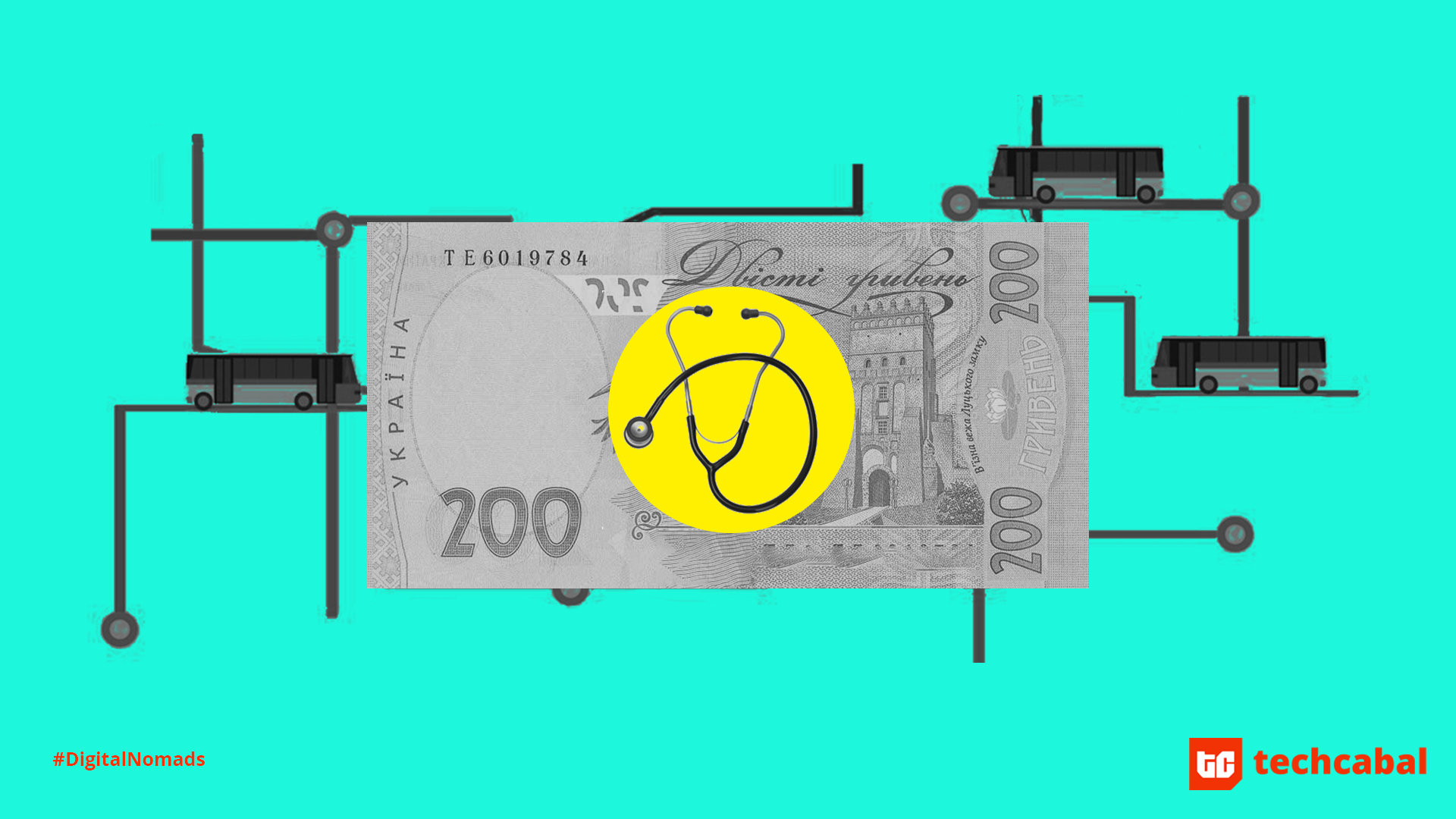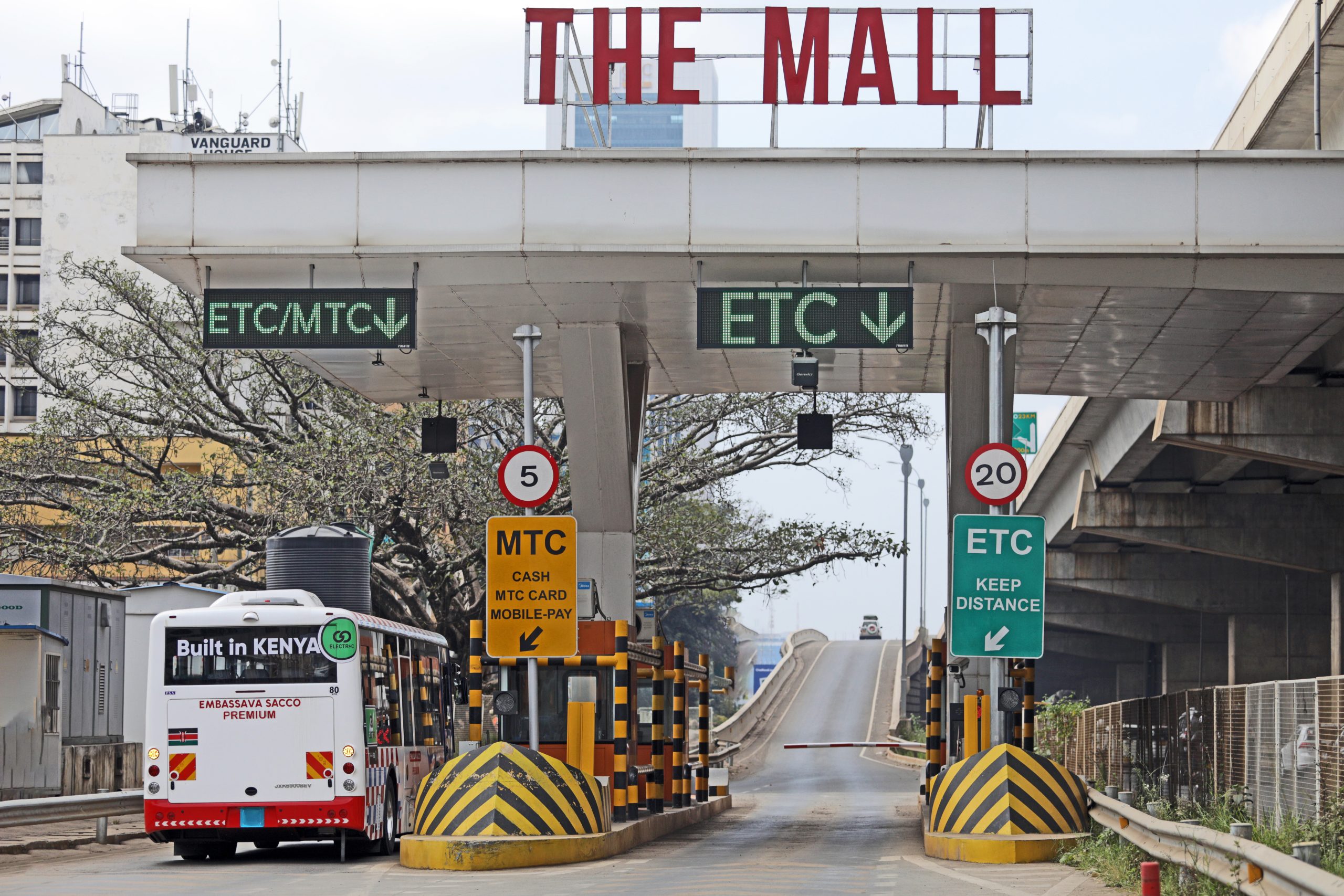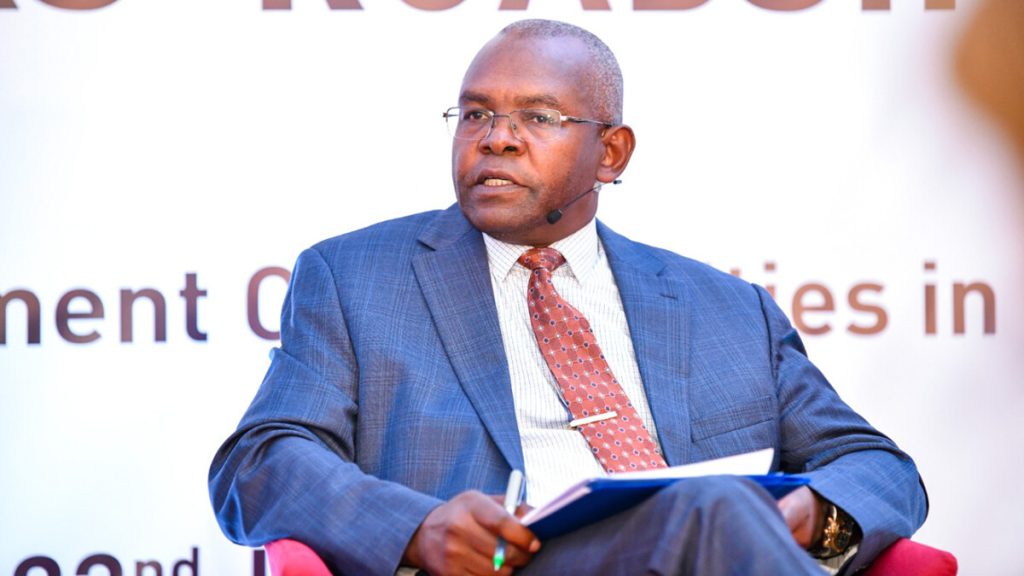Last week, we talked to Tony, an engineer at Andela. He shared his experience living in Kigali, the Rwandan capital that receives a lot of great PR.
Today, *Uche, a Digital Nomad studying and living in Ukraine shares his experience. Uche lived in Nigeria for 22 years before deciding that a move to Eastern Europe to study was the next step.
“I decided to get a second degree in medicine but it was expensive at my University in Nigeria,.” he tells me.
He considered studying at one of Nigeria’s federal Universities but places are competitive and it is difficult to get in. So he started to look further.
“I considered Germany, Russia and Ukraine but I decided on Ukraine.” Even though the prospect of learning a new language can be scary, Uche says he was open to it.
“I was open, but a little hesitant because I didn’t know how difficult the language was.”
Here’s what Uche considered in picking a country: the currency, tuition, acquaintances or family members in the country and the length of study.

When you make your decisions, you pack your bags and head to the airport. In Lagos, Uche found his airport experience disappointing.
“In Lagos, the passengers on board started fighting and that took away twenty minutes from our flight schedule. So we missed our connecting flight and had to stay in Istanbul for a while to catch the next connecting flight.”
Unlike Lagos, Istanbul had a nicer airport, with lots of stores, restaurants and boutiques to shop from.
Eventually, Uche caught his connecting flight to Ukraine. “There seemed to be much more organization at the Ukrainian airport in Lviv, particularly in the immigration process. The airport also has a WiFi that works”
“I wouldn’t say the airport was bigger, but it wasn’t as crowded as Lagos was.”
Uche’s verdict on airports: Istanbul was the most impressive, Lviv airport was efficient despite the language barrier and the airport in Lagos was disappointing.
When you arrive in a new city, you want to let your friends and family know you’ve arrived in one piece. You need a SIM card for that.
If you’re Uche, you’re not going to have to stress over this. “My school had already registered a SIM card for me by the time I got there. However, at the airport, I still had my MTN SIM roaming so I just used it when I landed.”
When you’re all set up with a SIM card, you go into Lviv, the largest city in Western Ukraine and start to notice all the ways it is different from Lagos.
“The first thing is the cold. Then there’s never traffic. Traffic rules are well respected.”
But it’s not all gravy because Uche says that “midnight thieves” are also common in Lviv. “Midnight thieves move with knives and if you’re in a weird neighborhood with poor lighting, you might be robbed.”
Uche’s throwaway: Alcoholism is a big problem in Ukraine. If you’re out in the evening five times a week, three of those times, you will see someone staggering on the sidewalk.
One way of navigating cities is language. How do you survive when you don’t speak any Ukrainian?
“I tried Duolingo and it would have helped but I I had school and other time consuming courses so I couldn’t really use it.”
But Uche’s university provided some real help.
“The cool thing the school did was to make the language compulsory for us, think of it like English language courses in Nigerian Universities. Now I can make calls to taxis, buy food or make clear complaints.”
Uche’s advice: there are some shortcuts in learning a new language. One of them is learning gender-related words because some verbs change when it’s male or female using them.
How does one get around Lviv? Ride-hailing or motorcycle-hailing services or good ol’ public transportation?
“The bus system here has a fixed price so it’s pretty good. It’s organised as well and they use a lot of big buses so it lifts a lot of people per route.”
There are also ride-hailing services like Uber, Bolt and a wide range of taxi options. There are also electric cars like MoeCo.
How do you make payments in Lviv? Cash, credit/debit cards or mobile money?
“Most residents use cards or Google Pay. Foreigners have to present proof of transactions before paying cash to their cards.”
This is mostly in response to fraud. “If I receive money from home through western union, I have to present proof: whoever sent it and from where I got it”
My conversation with Uche pauses because he’s taking an online exam, but when he’s done, he tells me how easy it is to open bank accounts.
“Opening a bank account is easy and you don’t have to go to the bank often. There are bank apps and digital banking is easy. It’s almost like there’s a cashless policy here.”
One thing digital banks can help you pay for is data, how much is data in Ukraine and how much data can $5 buy?
“Data is cheap here, $6 can get you unlimited Wi-Fi for a month and 60GB on mobile.”
“I stream everything, I don’t have to download,”
My verdict: Side-eyeing all ISPs and telcos in Nigeria
In Ukraine, Uche’s top most used apps are Whatsapp, Viber, Google Translate and Twitter.
In Nigeria, his top used apps are Whatsapp, Twitter, Nike Training Club and Instagram.
In the end, away from apps, where do Nigeria and Ukraine stand on a scale of 1-10 in terms of tech experiences?
Uche’s verdict: I’d give Nigeria a 4 and Ukraine a 5.5




















